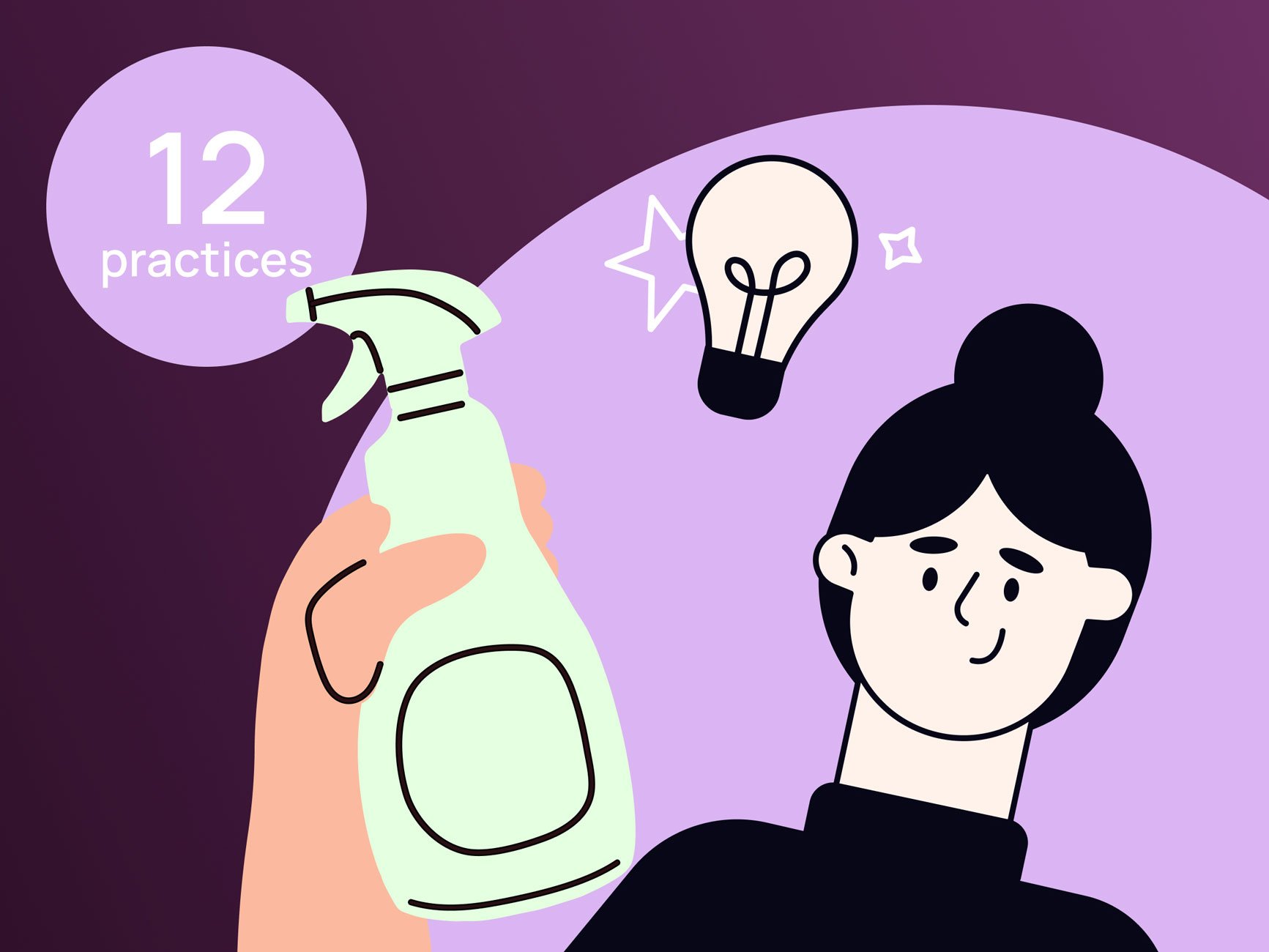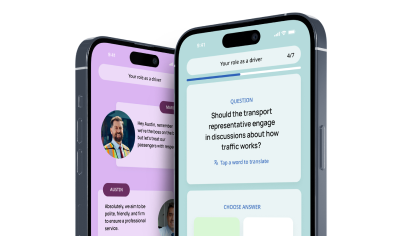Best Practice 3: Health and Safety Training
As housekeeping staff often work with cleaning chemicals and equipment, ensuring their safety and well-being is paramount. Incorporate comprehensive health and safety training into your program. Cover topics such as proper handling of chemicals, safe use of equipment, infection control, and prevention of common injuries. Provide them with personal protective equipment (PPE) and encourage its regular usage.
When it comes to health and safety housekeeping staff training, it is important to go beyond the basics. While teaching them how to handle chemicals and use equipment safely is crucial, it is equally important to educate them about the potential hazards they may encounter in their daily tasks.
One aspect of health and safety in housekeeping training sessions that should not be overlooked is the importance of proper ergonomics. Housekeeping staff often perform repetitive tasks such as lifting heavy objects, bending, and reaching. Without proper training, these activities can lead to musculoskeletal disorders and chronic pain. By incorporating ergonomics training into your program, you can help your staff understand how to minimize the risk of injuries and maintain their physical well-being.
In addition to teaching housekeeping staff about the safe use of chemicals, it is also crucial to educate them about the potential health effects associated with exposure to certain substances. For example, some cleaning agents may contain irritants or allergens that can cause respiratory problems or skin reactions. By providing detailed information about the chemicals they use and the potential risks associated with them, you can empower your staff to make informed decisions and take necessary precautions to protect themselves.
Preventing common injuries is another important aspect of health and safety housekeeping training. By identifying the most common types of injuries that occur in the industry, such as slips, trips, and falls, you can develop targeted training programs on how to train housekeeping staff to address these specific risks. Teaching your staff how to identify and mitigate potential hazards, such as wet floors or cluttered areas, can significantly reduce the likelihood of accidents and injuries.
Lastly, providing housekeeping staff with personal protective equipment (PPE) is essential for their safety. This includes items such as gloves, goggles, and masks, depending on the tasks they perform and the chemicals they handle. In addition to providing the necessary equipment, it is equally important to emphasize the importance of regular usage and proper maintenance. By instilling a culture of safety and encouraging the consistent use of PPE, you can create a safer work environment for your housekeeping staff.
It's essential to focus on the physical and mental well-being of your housekeeping staff. Housekeeping can be physically demanding, requiring long hours of standing, bending, and lifting. Providing training on proper body mechanics, ergonomics, and self-care can help prevent injuries and promote a healthy work environment.








